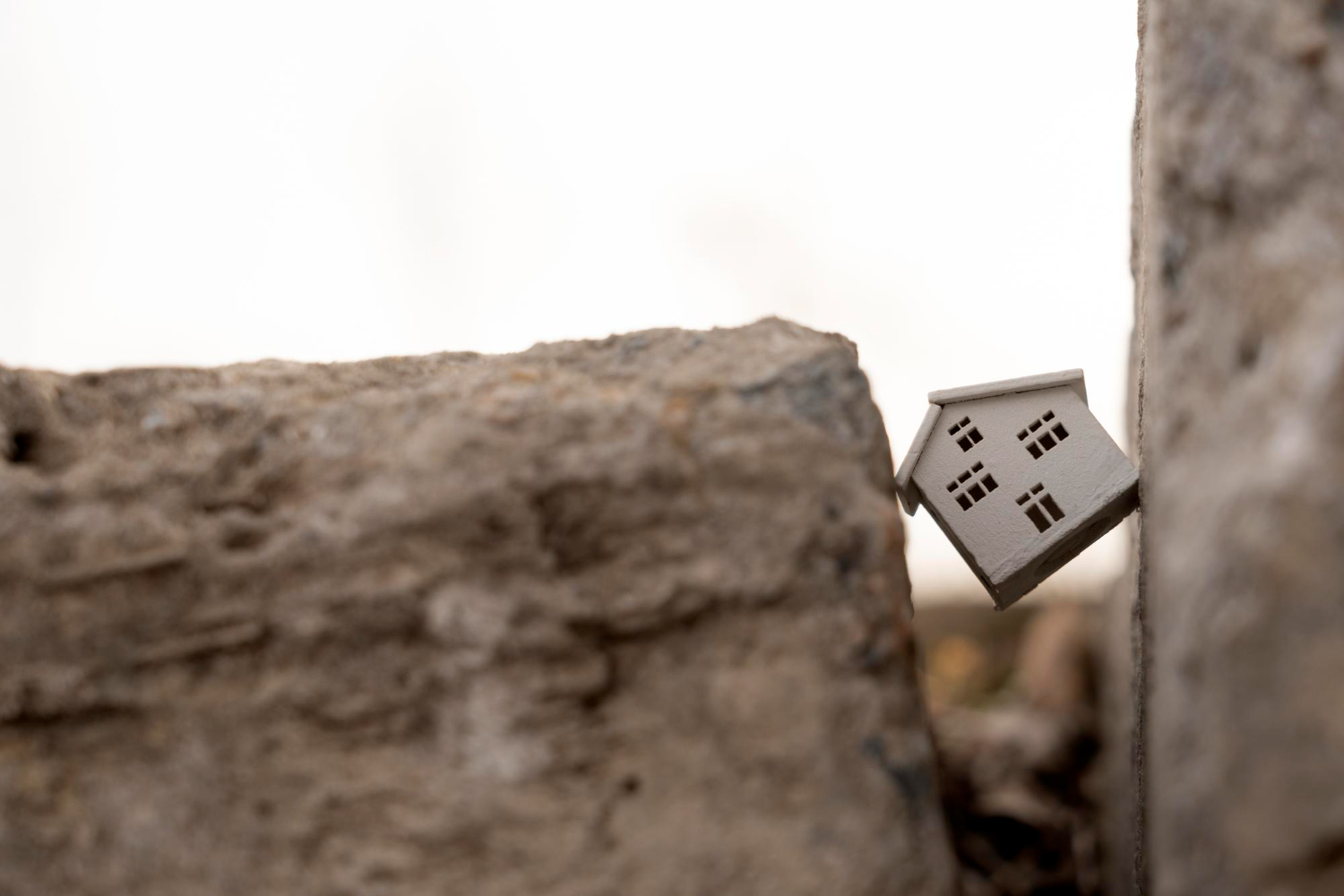California is renowned for its beautiful landscapes and thriving communities, but it’s also a state with high seismic activity. Earthquakes can strike without warning, leaving extensive damage in their wake—and for homeowners, that can be financially catastrophic. If you’re wondering whether earthquake insurance is worth the extra cost, this guide will break down how these policies work, what’s covered, what isn’t, and why standard homeowners insurance fails to protect against seismic damage.
How Earthquake Insurance Works
Earthquake insurance is a specialized policy designed specifically to protect property owners from the financial fallout of seismic events. Unlike standard homeowners or renters insurance, earthquake policies address damages caused directly or indirectly by an earthquake.
When you purchase an earthquake insurance policy, you’re essentially buying peace of mind. After an earthquake, this insurance can help cover the cost of repairing your home, replacing damaged belongings, and covering additional living expenses if your home becomes temporarily uninhabitable. However, coverage limits, deductibles, and premium costs vary depending on factors like your home’s location, age, structure, and proximity to fault lines.
Key Components of Earthquake Insurance
- Dwelling Coverage: Helps repair or rebuild the physical structure of your home, including walls, roofs, and foundations.
- Personal Property Coverage: Protects your personal belongings—like furniture, electronics, and appliances—damaged during an earthquake.
- Loss of Use or Additional Living Expenses: Covers temporary housing and related costs if your home becomes unsafe or unlivable after an earthquake.
- Optional Add-Ons: Some policies offer additional coverage for items such as pools, garages, or other structures on your property.
What’s Covered — And What’s Not
Understanding what earthquake insurance covers—and just as importantly, what it doesn’t—is crucial to making an informed decision.
What’s Covered
- Damage to your home’s foundation, walls, and roofing caused by the earthquake.
- Replacement or repair of personal belongings damaged due to the tremor.
- Costs associated with temporary relocation if your home is unsafe to live in.
- Repairs for structural damage to attached fixtures like patios or built-in cabinetry.
What’s Not Covered
- Pre-existing damage or structural wear-and-tear that worsens during an earthquake.
- Damage caused by landslides, sinkholes, or floods that happen due to the quake (these typically require separate policies).
- Loss of certain high-value items beyond a specified limit unless additional coverage is purchased.
- Repairs to detached structures like fences or outbuildings unless explicitly added to the policy.
It’s important to carefully read your policy’s terms to fully understand the scope and limitations of coverage. Earthquake insurance is built to cover specific seismic-related losses, but it’s not a catch-all for every type of damage.
Why Standard Homeowners Insurance Won’t Protect Against Earthquake Damage
One common misconception is that a standard homeowners policy offers protection against earthquakes. Unfortunately, this isn’t the case.
Standard homeowners insurance covers a broad array of risks—like wind, fire, and theft—but notably excludes seismic events. This means that if an earthquake damages your home or belongings, you’d need a separate earthquake insurance policy to recover those losses. For Californians, where the risk of earthquakes is high, going without this coverage can expose you to significant financial risk.
While some policies may provide minimal coverage for specific after-effects (such as fire caused by ruptured gas lines), they will not cover the structural impact of the earthquake itself. For full protection, homeowners must invest in a dedicated policy.
Is Earthquake Insurance Worth the Extra Cost?
Determining whether earthquake insurance is worth the investment depends on several factors:
- Location: If you live near a fault line or in a high-risk area, the likelihood of damage increases, making coverage more critical.
- Cost of Repairs: Earthquake repairs can be incredibly costly. Without insurance, these expenses would fall squarely on your shoulders.
- Home Value: If you’ve invested heavily in your property, insurance can safeguard your long-term financial security.
- Peace of Mind: For many, knowing they’re protected is worth the premium costs.
While earthquake insurance can seem expensive—especially with high deductibles—it’s designed to provide relief when it matters most. Many Californians choose to weigh the upfront costs against the potential financial burden of rebuilding their lives after an earthquake.
Tips for Managing Costs
To make earthquake insurance more affordable, consider increasing your deductible or exploring policy bundles with your current insurer. You can also retroactively strengthen your home to minimize potential damage, which could reduce your premiums.
Why Proactive Protection Matters
California’s seismic history proves that “the big one” isn’t a matter of if, but when. Without earthquake insurance, you risk devastating financial losses that might take years—or even decades—to recover. By investing in the right policy, you’re not just protecting your home or business; you’re ensuring the safety and security of your future.
Looking for Insurance Guidance? Uniserv Is Here to Help
Whether it’s life insurance, home insurance, or business insurance, we offer a wide range of solutions to protect the things you value the most. We serve companies and individuals all over California. Call 888-698-6473 today or fill out the contact form to get the dependable protection you deserve.






